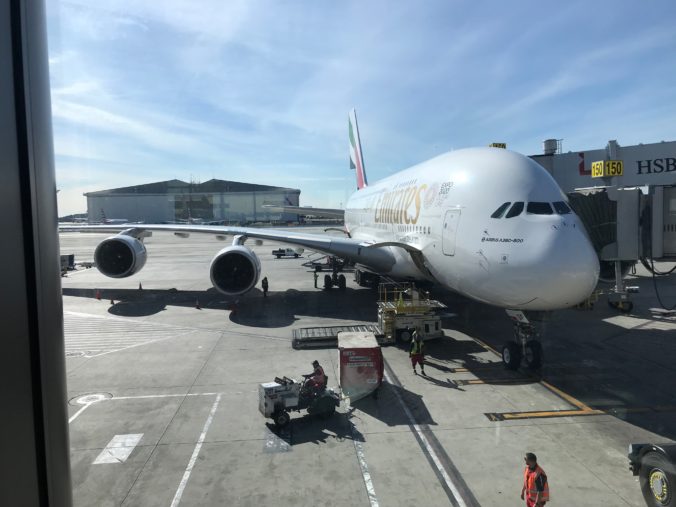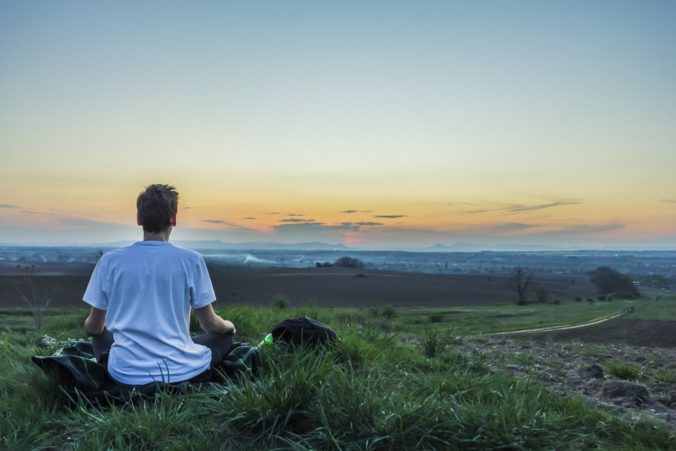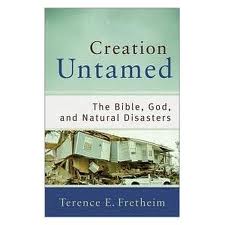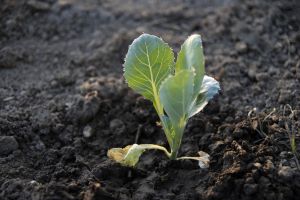 I went camping on the weekend with some other blokes who are part of a men’s group I am in. Part of our time included a couple of hours alone on Sunday morning, out in nature, just taking it in, not thinking too much, not analysing it, but just being part of it.
I went camping on the weekend with some other blokes who are part of a men’s group I am in. Part of our time included a couple of hours alone on Sunday morning, out in nature, just taking it in, not thinking too much, not analysing it, but just being part of it.
I begin by walking along a track along a river. As the track winds closer to the river and then further from it, I find myself wanting to be drawn to the fast and gently flowing water, so clean and clear. So I find a little clearing and sit down by the river, somewhat mesmerised by what I can only call the gentle rush of the streams of life-giving water flowing past me.
As I sit down, a cockatoo flies overhead, its screech piercing the silence. Sitting there amongst the wildness out in nature, with the ferns and trees standing in the stillness all around me, I feel like I am intruding on their territory. But then I realise I am not intruding, for I too am part of nature. I am out here too, just observing. I belong here too.
I am reminded of what Bill Plotkin says about nature, that it is without self-consciousness. As he puts it, it is just there, without any apparent wish to be otherwise, without even a glimmer of identity crisis. As I sit there I realise that the birds flying overhead, the ferns growing all around me, the bush, the scrub, would all be here anyway if humans had never existed. It doesn’t need us. It makes me respect it more. It doesn’t fight back; it is vulnerable, helpless, open to abuse, and impossible to control. I realise that this is a great definition of love: vulnerable, open to abuse, yet still giving unconditionally.
As I sit there, a small fern is right next to me, touching me. One of the light branches is actually resting on my arm, like it is reaching out to me, without fear and despite its helplessness, almost like it is reassuring me. This was the same fern that I was fleetingly tempted to rip out of the ground as I was about to sit there by the river so I could get a better view. Such is my selfishness when I am disconnected. I was glad I didn’t act out my fleeting murderous intent.
To some this may sound like some New Age claptrap. To the contrary, God’s love is revealed in nature. I am reminded that Jesus told his hearers to consider the lilies, that they don’t worry about how they look (Luke 12:27). It is good to see nature as Jesus sees it.
After a while of sitting by the river, I get up, leave it and walk further along the trail. As I walk through this wild land that the Black Saturday bush fires had swept through just two years before, I imagine the fires racing through here, taking all before them, leaving nothing in their wake. Total destruction. But then I wonder: purely in terms of nature, is it destruction or is it part of the renewal cycle of life?
As I walk on I see hoofprints in the dirt. They remind me of another wonderful side of nature: the contrasting gentleness and yet wildness of a horse. Then I look around me, seeing green fields in the distance, peaceful and beautiful. Out here, away from the distractions of everyday life, I am aware of my responses. I realise how fragile nature is and I see that looking after it is something to be done for nature’s sake alone and not just for its effect on humans. Nature has value in its own right. After all, God said it was good. Nature reflects the glory of God.
I walk further, up a steep hill, my heart pounding each time I stop. After a minute I walk off the track into the bush and notice the quieter sounds around me, not just the bird noises overhead, but the gentler sounds of what may be little creatures in the scrub. I walk back down the hill and notice a green shoot, fragile and tiny, growing on its own out of the dirt. I am struck not simply by what this might symbolize, but what it is, nature pushing through where it is not expected.
I walk on and I notice an ant on the ground which has stopped moving, maybe when I stepped near it. I bend down to observe it, gently prodding it to see if it is still alive. It moves slightly, then stops again, so I prod it again, and it moves slightly again, and starts walking, over the bumps and grooves in the dirt made by my boots. I notice that it doesn’t need to walk straight in the grooves, to be ordered like I think I have to be. It just walks wherever it sees is best for its purpose.
This was my morning with nature. It is something I think everyone of us should do with some regularity. We spend too much of our time inside these days, trapped in front of our screens, slaves to technology. And the more we are enslaved, the more we miss the goodness of the vast, wild awesomeness of the pure, natural world that God created simply because it is God’s nature to create. We do well to immerse ourselves in it.
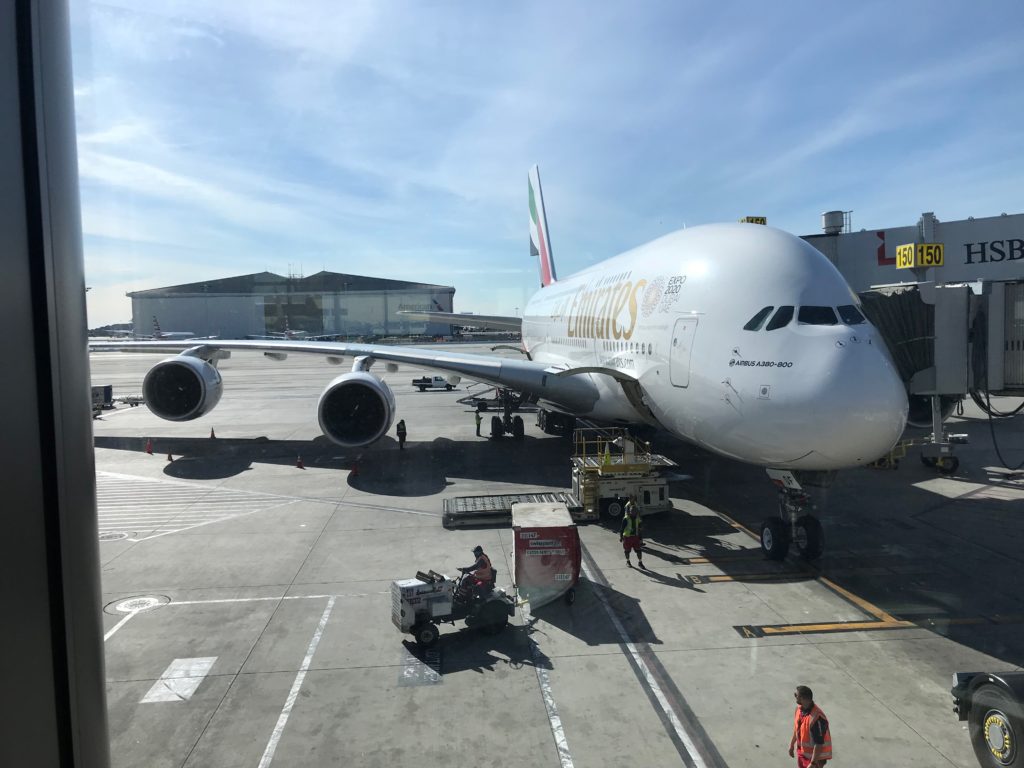 Electronic devices, shops, lights, noise.
Electronic devices, shops, lights, noise.